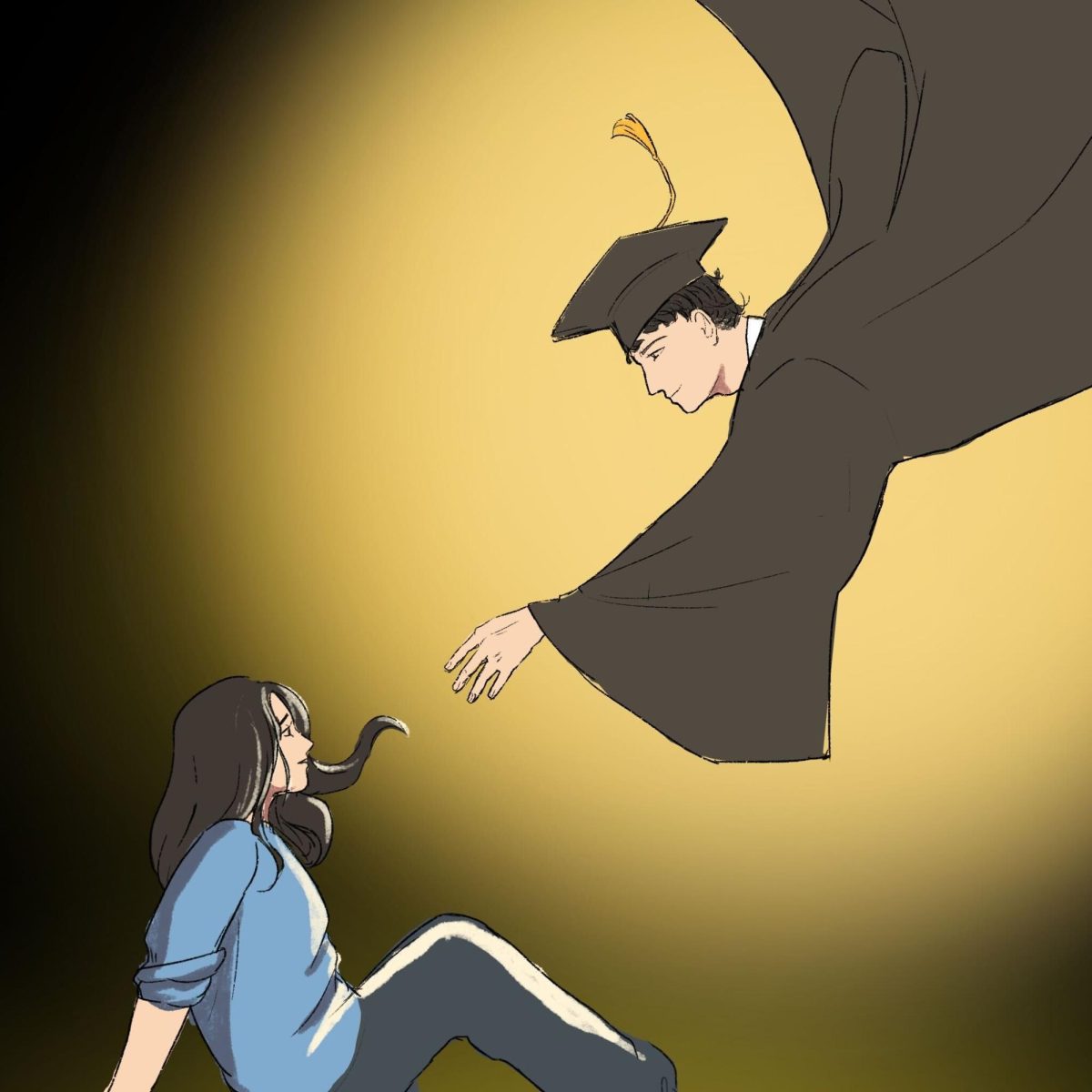State Act 199 upheld
February 19, 2003
The American Civil Liberties Union lost a civil action suit and The Pitt News lost hopes of… The American Civil Liberties Union lost a civil action suit and The Pitt News lost hopes of running alcohol-related ads as an independent student newspaper in a recent U.S. District Court decision.
The U.S. District Court for the Western District of Pennsylvania ruled against the ACLU and The Pitt News in a civil action filed against the Commonwealth of Pennsylvania, which alleged the paper’s First Amendment rights were violated by a law banning alcohol-related ads in university newspapers.
The law, known as Act 199, which was passed in 1996 as an amendment to the Pennsylvania Liquor code, specifically prohibits the advertisement of any alcoholic beverages in newspapers or other materials “published by, for or in behalf of any educational institution.”
The Pitt News, which is financially and editorially independent but operates on University property, is prohibited from publishing the ads so long as it specifically targets Pitt’s community, regardless of the degree to which the paper is independent.
Although The Pitt News is not subject to fines under the law, any advertiser violating the amendment faces fines or other punishment from the PLCB.
According to Pittsburgh ACLU director Witold Walczak, The Pitt News is guaranteed the constitutional right by the free speech and free press clauses of the First Amendment to publish alcohol-related advertisements.
“Our position is that any governmental action that chills or restricts speech causes irreparable harm,” Walczak said. “Here it not only chilled and restricted but it prohibited certain speech in The Pitt News.”
The Pitt News and Pitt’s ACLU student club filed the action in April 1999 after the Commonwealth enforced Act 199 against Fuel and Fuddle, a restaurant near Pitt’s campus that is popular among students, for placing alcohol-related ads in The Pitt News. Fuel and Fuddle as well as other local bars and restaurants holding Commonwealth liquor licenses quickly stopped placing ads in The Pitt News, which estimated losing $17,000 in revenue in 1998 and consequently decreased the length of the paper.
“From the beginning it was an underhanded way to cut revenue from a publication that serves mainly adults over 21,” said Anthony Breznican, former editor in chief of The Pitt News when Act 199 was first enforced in December 1997.
“The only reason to advertise with us is to reach students over 21 to come to a bar and buy their wings and beer,” Breznican said, saying that the law was a way of “attacking freedom of speech” by eliminating one of the newspaper’s major sources of revenue.
Advertisers found it more profitable to run alcohol-related ads in other newspapers accessible to college students, such as the Pittsburgh Post-Gazette and City Paper, according to Breznican. He said the state legislators’ argument that the law protects underage students from alcohol-related advertisements and does not target specific student publications was “ridiculous.”
“To do that you have to take basically any major publication off the news racks on any store on campus,” Breznican said about the legislators’ defense. “I find it an outrage and an act of censorship that this law continues to exist.”
“The Pitt News proceeds on the erroneous premise that it has a constitutional right not only to speak, but to speak profitably,” the District Court reported in a memorandum following its decision to uphold Act 199 against plaintiff The Pitt News’ allegations. “Economic loss does not constitute a first amendment injury.”
Before pursuing legal action, editors at The Pitt News briefly considered getting around the law by publishing column listings of specialty drinks at local restaurants and bars, Breznican said. Hoping that the establishments would continue to run advertisements for their food in return for the favor, Breznican said he discussed the option with editors of student newspapers at other Pennsylvania universities such as Pennsylvania State University.
Instead, local advertisers requested that The Pitt News not run any ads for their restaurants out of fear that the PLCB would target their businesses, Breznican said.
“There’s a sort of tyranny to the law – it’s undermining a constitutional amendment while hypocritically denying that it’s doing it,” Breznican said. “It’s sort of like Pennsylvania decided to be an overbearing parent.”
Current editor in chief Dave Hartman said he disagreed with the court’s decision, specifically the argument that Act 199 does not affect student newspapers’ freedom of speech but only targets – and potentially hurts – third-party advertisers.
“It’s a law that’s affecting college newspapers rather than their competition,” Hartman said, adding that The Pitt News must compete with Pulp and City Paper, and is at a disadvantage because it cannot run the same ads as competing publications. He said he did not believe a similar law could be enacted to “undermine the rights of major press” organizations because they have large legal teams to defend them.
“This is an unfortunate situation and it’s kind of disturbing that we lost. I really can’t believe that someone would believe this is a legitimate law,” Hartman said, explaining that he planned to begin publishing weekly bar specials in response.
“For [restaurant and bar owners] to come under attack is ridiculous,” Hartman said, addressing the concern business owners expressed when Breznican suggested the idea several years ago. “They’re in no danger whatsoever.”
Hartman said running drink specials would be an editorial decision in which local restaurants would have no input.
Walczak said he was not aware of any other states in which a law prohibits papers that serve a university community from publishing alcohol-related advertisements.
“The target of this law, and the only ones who suffer, are student newspapers like The Pitt News,” Walczak said.
“To punish an institution that acts as an independent entity is sad and disgusting,” Breznican said, adding that most people don’t realize The Pitt News operates solely by revenue from advertisements. “It makes the lawmakers who created this more powerful than they should be.”
The Pittsburgh ACLU, which paid all the court costs for the civil action, is discussing the possibility of filing an appeal to the U.S. Court of Appeals, Walczak said. Although Act 199 serves as a state law, the ACLU and The Pitt News challenged it in a federal court because the law allegedly violates a federal constitutional right.
“It just shows how little we value our rights to freedom of speech,” Breznican said. “It’s a step toward more dangerous things.”







